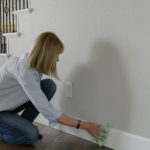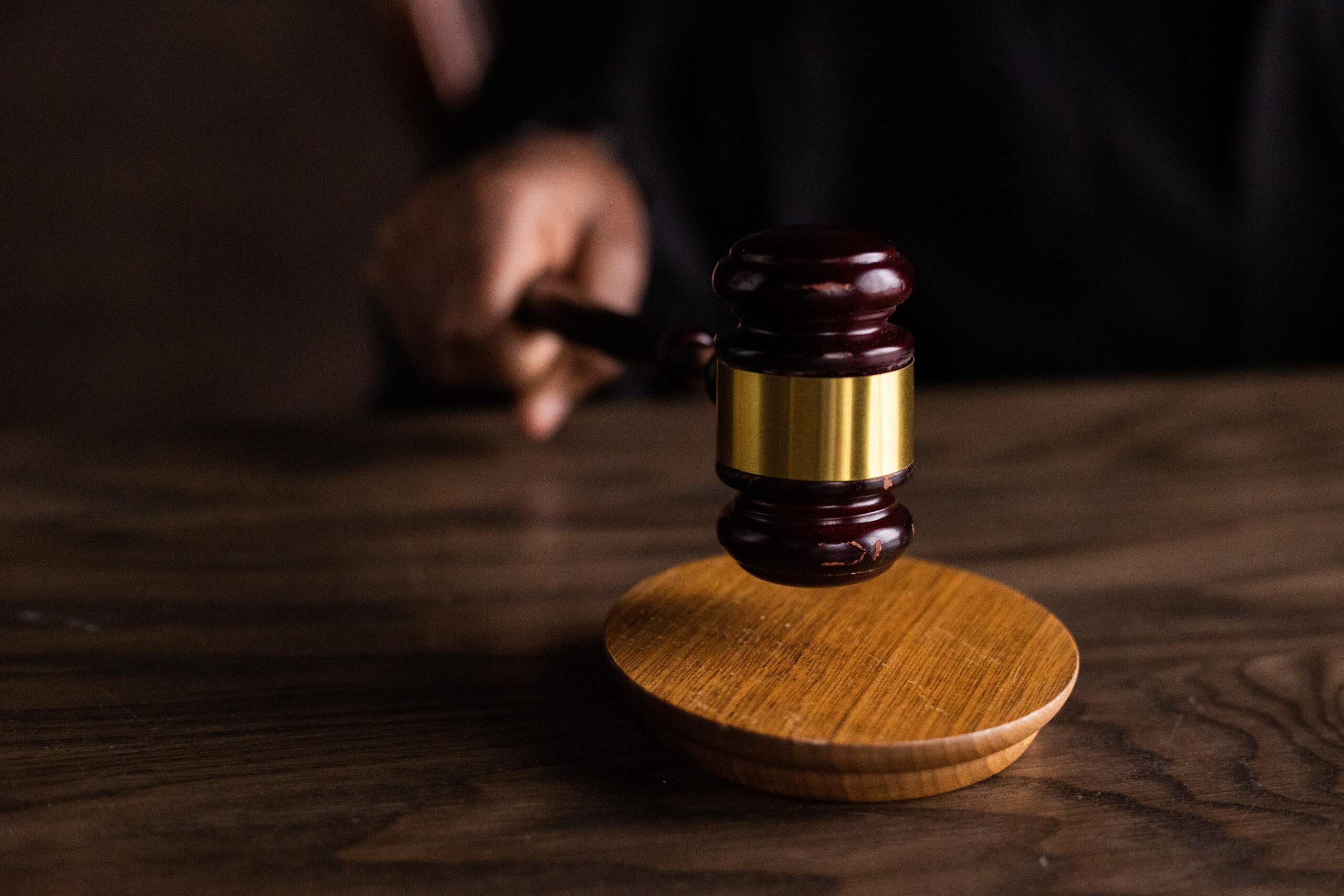Security is a paramount concern for any court complex. The security measures taken by the courts are usually to ensure that the judges and other officials, as well as defendants, litigants and visitors, can safely enter and exit the premises.
There are some things that you should know about court security. One is that a court complex is not just one building but a whole campus with many buildings, parking lots, sidewalks and other facilities involved. The other thing to know is that while security officers are employed specifically to provide protection for the courts, they may also be assigned to protect individuals or groups of people who are present in the courtroom at any given time.
Why Physical Security Matters to Court Complexes
The court system is a complex world of sensitive information and data. The physical security of the court system is an essential part of the judicial process.
Physical security means protecting the integrity and confidentiality of data, as well as the safety of people in a building or facility. It also includes preventing unauthorized entry to buildings and facilities that house sensitive information, equipment, or people.
Court complex security is a serious matter. The court system is a place of business where public trust is needed. This leaves the security of the court complex in question.
Types of Crimes that are Likely to Occur in Courts and How the Protection is Different
Courtrooms are often the site of crime. It is not uncommon to hear stories of lawyers, judges, or witnesses who have been threatened with violence. While the protection for courtrooms varies from jurisdiction to jurisdiction, the following are some of the most common types of crimes that occur in courtrooms and how they are different:
Exclusionary rule: The exclusionary rule prohibits evidence that was obtained in violation of a person’s Fourth Amendment rights from being introduced into a courtroom. Evidence that is obtained illegally cannot be used as evidence in a trial. This means that if law enforcement officers do not follow proper protocol and search without probable cause, then any evidence found cannot be used against the defendant.
Entrapment: Entrapment occurs when law enforcement officers induce someone to commit a crime they would not have otherwise committed. Collins v. Virginia, 386 U.S. at 534-535 (1967).
The Need for Specialized Security Personnel for Courts
Security personnel in courtrooms are often seen as a necessary evil. The security personnel with guns and 5.7×28 ammo are there to protect the court and its participants, but they can also be a source of fear and intimidation for those who come before the court.
According to a recent report by the Department of Justice, “in many jurisdictions, security officers in the courtroom were not required to undergo any formal training on how to interact with victims and witnesses.” This lack of training has led to an increase in complaints about inappropriate behavior from these officers.
What Types of Security Equipment should be Installed at Courts?
The security equipment that is installed in the courts should be carefully planned and designed. The following are some of the security equipment that should be installed in the courts:
– Security Cameras
– Metal Detectors
– Electronic Locks
– Keys
– Guard Dogs
Conclusion: Final Thoughts on Physical Security in Court Complexes
Physical security in court complexes is a very important topic. It’s not just about the safety of the people inside, but also about the safety of those outside.





